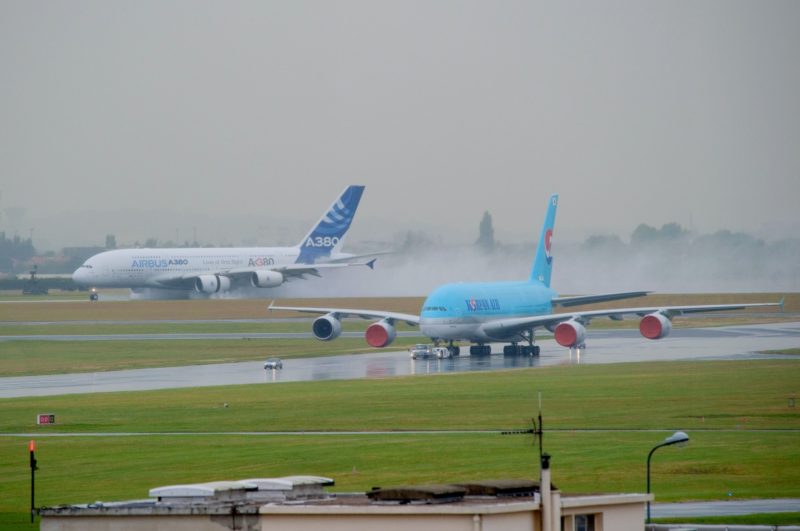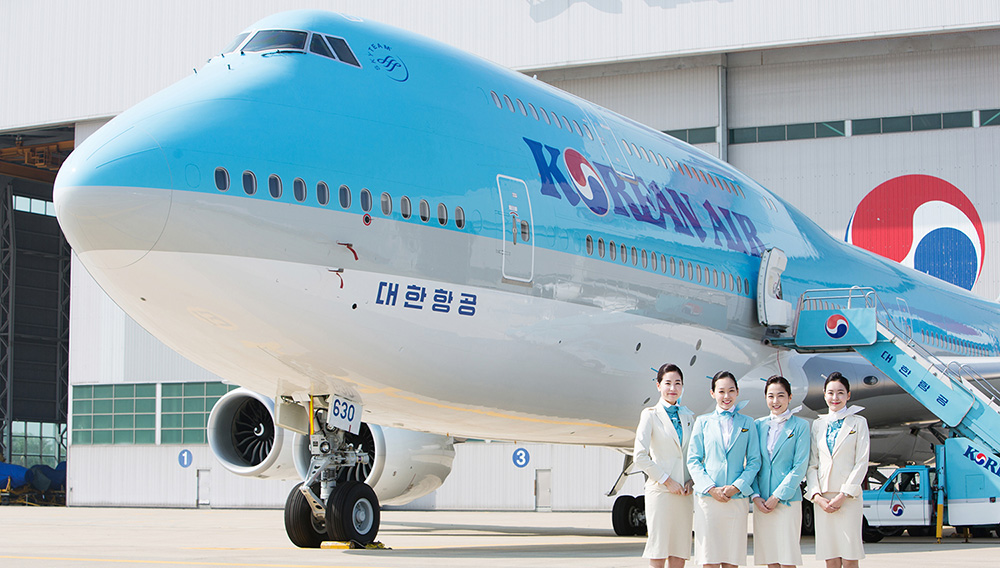As a result of global travel restrictions, due to the COVID-19 situation, Korean Air has sent a memo to its employees, stating the airline could collapse if there is no clear time when travel will return to normal.
The 51 year old airline has already grounded 100 out of 145 of their passenger fleet, including all of its Airbus A380s, as countries forbid travel to and from South Korea. With this decision, Korean Air joins Qantas, China Southern Airlines and Lufthansa in grounding the A380.
In the memo, Korean Air President, Woo Kee-hong, said that the airline is concerned about any potential spikes in COVID-19 cases that further decreases travel demand, as well as how long the entire situation will last.
“….if the situation continues for a longer period, we may reach the threshold where we cannot guarantee the company’s survival.”
Korean Air President Woo Kee-hong
Whilst the idea of Korean Air is daunting for many in the industry, specifically the employees within, the aim of the memo was not to inflict fear; more it was to encourage cooperation between everyone working for the airline to survive the crisis together, according a spokesperson in contact with the BBC.

Measures being implemented to reduce the effects of COVID-19 on the airline involve the deferral of investments, cutting down on operational expenses and asking employees to take voluntary leave. Foreign pilots working for the airline have already received details about accepting leave for next month.
This week alone, Korean Air has removed 44 routes from its network and has replaced the A380 on destinations to Paris, New York and Los Angeles with smaller aircraft; such as the Airbus A330 and Boeing 787 Dreamliner.
The deferral or, in a worse case the cancellation, of aircraft is likely at this stage; the airline has a backlog of 90 Airbus and Boeing aircraft, consisting of narrowbodies and widebodies. What was once an attractive figure for growth and fleet renewal, may now be a significant expense that could see an adjustment.
Other airlines based in South Korea, such as Asiana Airlines and budget carriers carriers Jin Air, Air Busan and T’way Air, have all suspended routes between Korea and Japan; they are also receiving an additional $350 million in liquidity from banks to help cope with the COVID-19 crisis.
Korean Air’s announcement from the airlines’ president, as well as the movements from other airlines, highlights the fragile state the aviation industry is in right now, as COVID-19 rages on. However Woo Kee-hong remains resilient, saying that the airline has survived tough times before and will continue to stand strong and do its best in this dark time for the industry.




